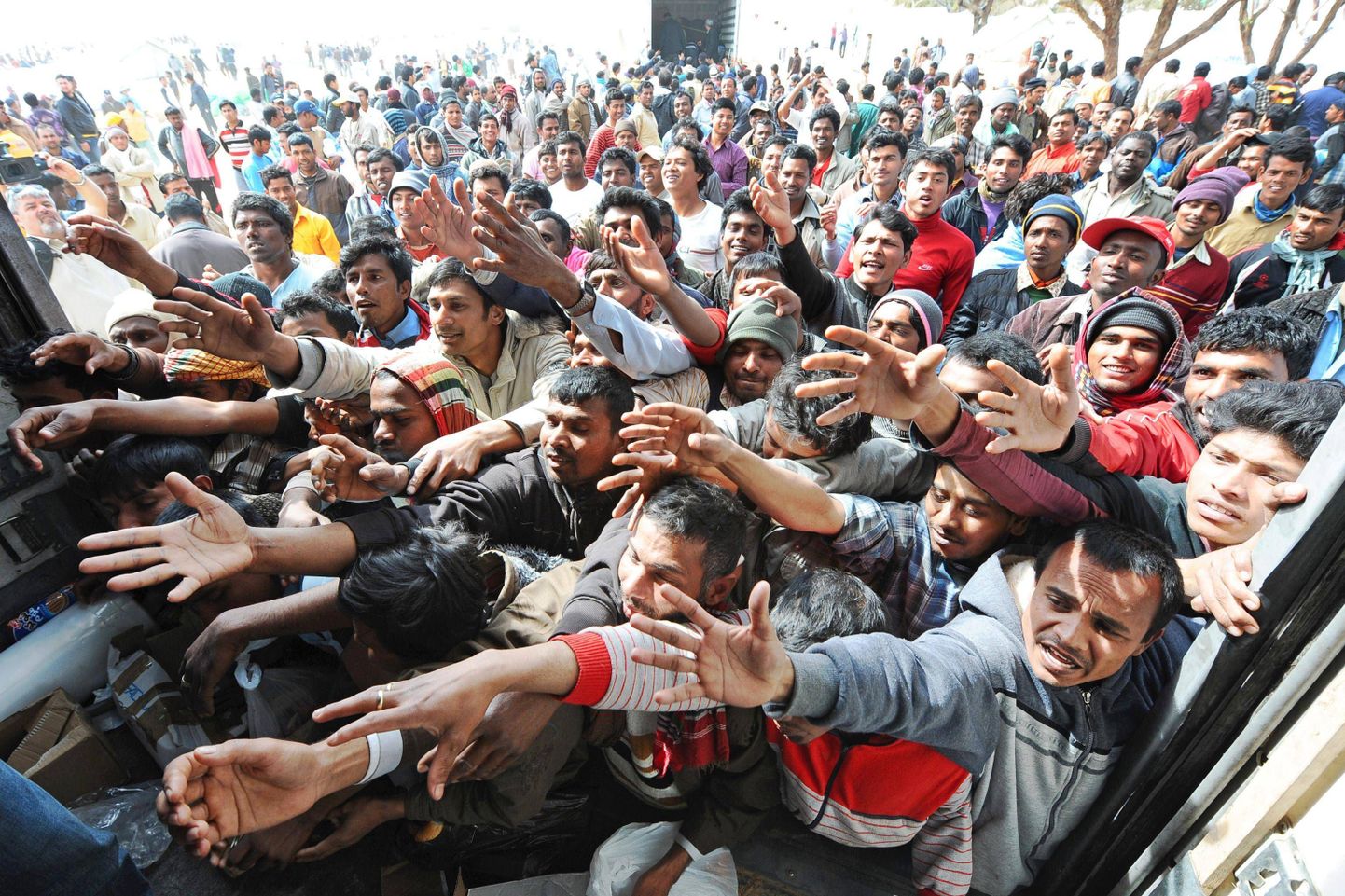
Postimees asked heads of all parliamentary factions: if local governments do not wish to receive refugees and the state cannot force them to, should something be altered in the law to find homes for immigrants, or what would be the solution?

Postimees asked heads of all parliamentary factions: if local governments do not wish to receive refugees and the state cannot force them to, should something be altered in the law to find homes for immigrants, or what would be the solution?
Kadri Simson, Centre
We definitely do not wish to see a situation where the government changes laws and forces local governments to receive refugees against their will. The problem is that local governments fear additional obligations laid on them by the state. The parish elders do realise that one-off help will not cover all the costs possibly brought by refugees.
Currently, distrust runs rampant between local governments and central government because these past years it has often felt like with the very first problems the local governments are abandoned. And there’s no reason to find fault with the local governments that the steps by the state have resulted in a situation where cities and parishes dare not oblige the state, knowing this.
Andres Anvelt, Soc Dems
Obviously, all local governments have not the capability to receive refugees and in high likelihood it is only the largest which will be able to apply the principles of wise refugee policy. It may also happen that some local governments have the main prerequisites but some capacities still go lacking and therefore flexibility is needed. For instance, if the only hindrance is lack of municipal housing, apartments must be rented with state help from the market.
In principle, the state could lay the compulsion to receive refugees on local governments but that would be a wrong path to take. It is difficult to believe that coercive measures will ensure that people fleeing a war will face warm welcome and the needed support to start an independent life. It is the state’s task to grant the local governments a sure guarantee that costs will be covered, and if needed to apply a stimulus package.
Martin Helme, EKRE
It is totally understandable that local governments do not want the refugees, and neither do they need to. The reaction by local governments expresses the overall public attitude of Estonian people. In the spring, the government was granted permission for a one-off decision, not for to receive refugees on basis of quotas. The government has not been given permission for quotas. This is Germany’s problem who has created obvious lure-mechanisms for the reception of refugees and the Southern European border guard has collapsed. EKRE stand is explicit: close the border, expel the illegal immigrants.
Urve Tiidus, Reform
The Reform faction is yet to discuss the topic. As a former local governmental leader, let me say the independent decision-making of local governments must be respected. If it is desired to add obligations, it must still happen as agreed with local governments i.e. the councils. With state level decisions it means that the added costs are covered. Naturally, in order to reach such agreements, negotiations must be held with local governments. I’d underline the word negotiations. It is much worse to create a compulsion by lawmaking. And there are the examples of local governments which have agreed to receive refugees. Regrettably, the crisis has swelled very big in Europe. And this is not an Ancient Greek tragedy where deus ex machina solves the complex situation.
Andres Herkel, the Free
The Free Party faction does not think that such a situation will happen. It would not be prudent to create a state vs local governments opposition, as it would not be prudent to create an Estonian interests vs EU situation. The government must assume clear responsibility and explain why, how and in which volume we will participate in EU solidarity measures. The first priority is restoring the trust, and sadly this is a much broader problem than the refugee issue alone. The key to the problem is reassurance and an understanding which are our primary security interests. It is surely not in our interests to oppose ourselves to the European values space.
Margus Tsahkna, IRL, minister of social protection
It can’t be claimed that all local governments are against. We have 213 local governments and only a few, the smaller local governments, have replied to us. With the larger ones, negotiations are still ahead. More important than the numbers of refugees, at the moment, is that Estonia must stand with its opinion formed in summer: member states must retain the right to decide how many refugees they will receive. No glad tidings coming from European Commission. Curbing the European refugee crisis has failed. The borders are open and the crisis has deepened, rather. Therefore, neither will I paint some fake rosy picture for the people of Estonia. In the summer, I was hoping the refugee crisis will be contained. At the moment, it is honest to call a spade a spade. As a nation, we will have to stick together and come through these hard times.